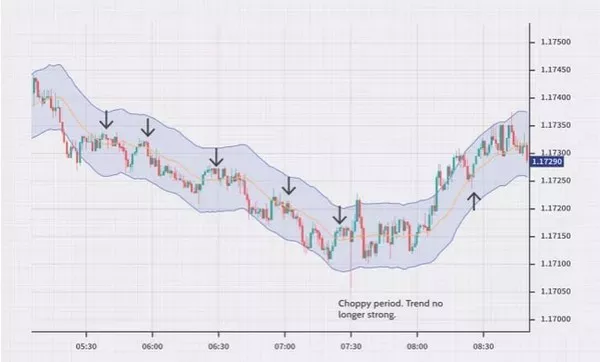Foreign Exchange, or Forex (FX), is a critical component of the world economy. FX markets facilitate the exchange of currencies between individuals, businesses, and governments around the world. The FX market is the largest financial market in the world, with an average daily turnover of $5.3 trillion as of April 2013, according to the Bank for International Settlements. In this article, we’ll delve into what FX is, how it works, who participates in it, and why it matters.
Section 1: What is FX?
-
Definition of Foreign Exchange
-
History of FX
-
Importance of FX in global trade
The term ‘foreign exchange’ refers to the trading of one currency for another. For example, if you are traveling from the US to Canada, you will need to exchange your US dollars for Canadian dollars before you can purchase goods and services in Canada. The same holds true for businesses engaged in international trade – they must exchange their domestic currency for the foreign currency of their trading partner.
The history of FX dates back to ancient times when traders bartered for goods and services across different regions. As global trade expanded, currencies emerged as a medium of exchange, making it easier for traders to conduct transactions across borders.
Today, FX is a vital part of the global economy, enabling individuals, businesses, and governments to buy and sell goods and services across borders. The importance of FX in global trade cannot be overstated – without it, businesses would find it much harder to conduct international transactions, leading to reduced economic growth and global prosperity.
Section 2: How does FX work?
-
Players in the FX market
-
Types of FX instruments
-
Factors that influence FX rates
The FX market is a decentralized market, meaning that there is no central exchange where all trades take place. Instead, the market is composed of a network of banks, brokers, and other financial institutions that trade with each other on a global scale.
There are several different types of players in the FX market, including banks (both commercial and investment), hedge funds, corporations, central banks, and retail forex traders. Each has its own unique motivations for participating in the market, but all are seeking to profit from changes in exchange rates.
FX instruments come in many different forms, including spot transactions, forward contracts, options, and futures. A spot transaction is a simple buy/sell trade of one currency for another at the prevailing market rate. Forward contracts allow traders to specify the exchange rate they want to buy or sell a currency at on a future date. Options give traders the right (but not the obligation) to buy or sell a currency at a specific price on a future date, while futures contracts obligate traders to buy or sell a currency at a specific price on a future date.
Various factors can influence FX rates, including monetary policy decisions by central banks, geopolitical events, economic data releases, and shifts in market sentiment. Understanding these factors is critical for any trader looking to profit from fluctuations in exchange rates.
Section 3: Why does FX matter?
-
Impact of FX on international trade
-
Role of FX in global financial markets
-
Risks associated with FX trading
FX matters because it affects many aspects of the global economy. For example, changes in exchange rates can impact the competitiveness of companies engaged in international trade, making their goods and services more or less expensive depending on the direction of the rate movement. This, in turn, can affect the balance of trade between nations and impact overall economic growth.
In addition, FX plays a crucial role in global financial markets, affecting the value of assets denominated in different currencies. For example, if a US investor owns shares in a foreign company, the value of those shares will be impacted by changes in exchange rates between the US dollar and the foreign currency in which the shares are denominated.
However, FX trading also carries significant risks. The decentralized nature of the market can make it difficult to assess counterparty risk, while sudden movements in exchange rates can result in significant losses for traders. As such, individuals and businesses must carefully consider their exposure to FX risk and manage it accordingly.
Conclusion:
FX is a critical component of the global economy, enabling individuals, businesses, and governments to buy and sell goods and services across borders. The market is composed of a diverse group of participants, each seeking to profit from changes in exchange rates, and is influenced by a variety of factors, including monetary policy decisions, economic data releases, and geopolitical events. While FX plays a vital role in global trade and financial markets, it is not without its risks, and traders must carefully manage their exposure to these risks to avoid significant losses.


